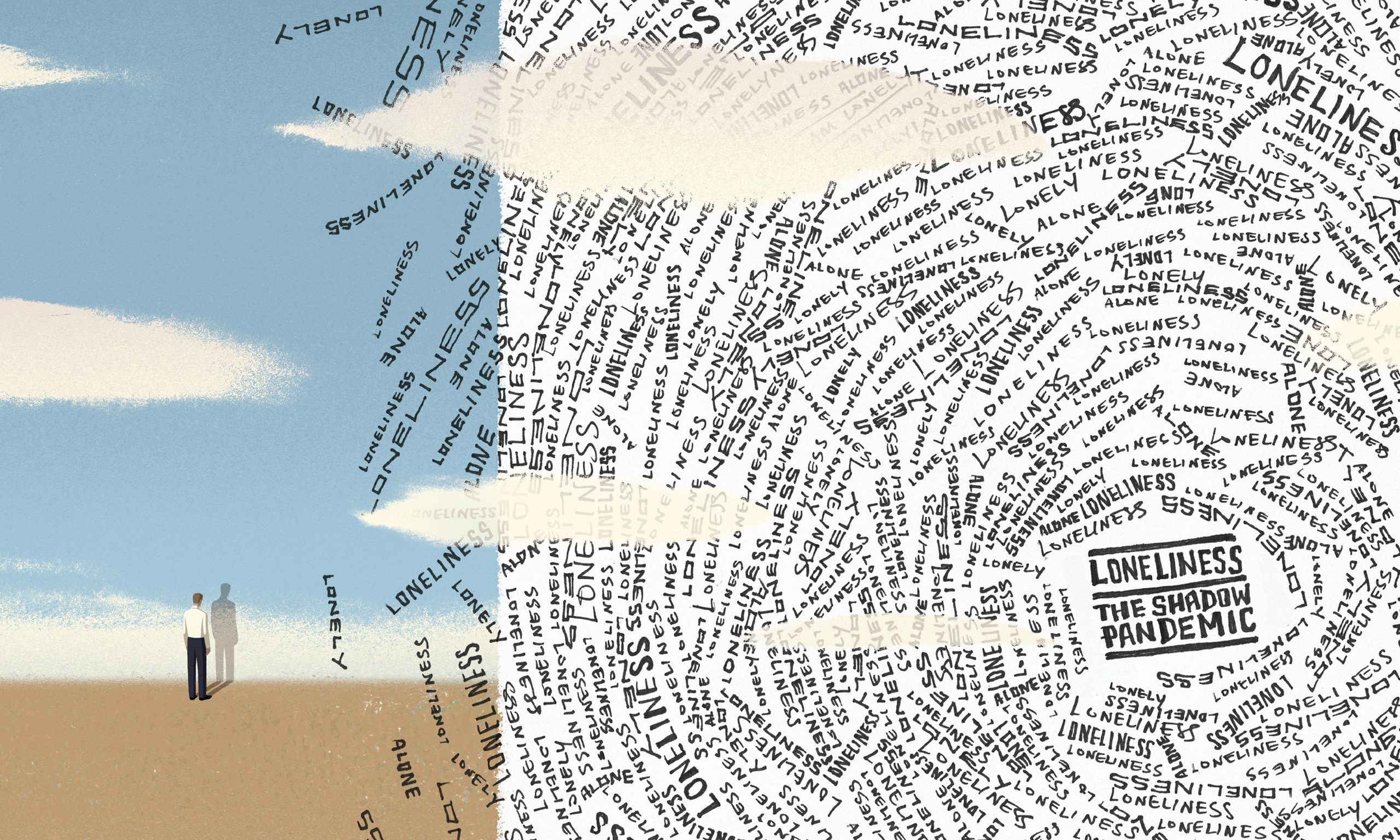 The Impact of Loneliness on Mental and Physical Health
The Impact of Loneliness on Mental and Physical Health
Loneliness is a complex emotional and mental state that can affect anyone, regardless of their age or background. It is a feeling of being isolated and disconnected from others, even when there is a desire to interact and be social. This state of loneliness can have a significant impact on both mental and physical health.
When someone is lonely, it can lead to various mental health problems such as depression, anxiety, and low self-esteem. These individuals often experience a constant range of negative emotions, from sadness to worthlessness. The lack of social connections makes it difficult for them to share their feelings or seek assistance, which further exacerbates their mental health issues.
But the effects of loneliness are not limited to mental health. It also has alarming consequences for physical health. In fact, researchers at the World Health Organization have found that loneliness can be as harmful as smoking 15 cigarettes a day. Loneliness increases the risk of cardiovascular disease, stroke, and other stress-related conditions. It weakens the immune system, making lonely individuals more susceptible to illness.
Addressing Loneliness: A Proactive Approach
To address loneliness, it is crucial to take a proactive approach that involves building meaningful relationships. Identifying the condition and seeking professional assistance when necessary can help manage its adverse effects on one’s health.
In today’s digital age, technological gadgets can also provide solutions. Virtual meetups and social media connections allow individuals to have social interactions even when they are physically distant. While these can be helpful, it’s important to note that there is no equivalent replacement for face-to-face interactions.
Conclusion
Loneliness is a silent epidemic that affects the overall well-being of individuals. It can lead to numerous mental and physical health problems. Addressing loneliness requires active social engagement and interactions, as well as seeking professional help when needed. While technology can help bridge the gap, nothing can truly replace the importance of face-to-face connections. By taking a proactive approach and building meaningful relationships, we can combat loneliness and its detrimental effects on our health.

